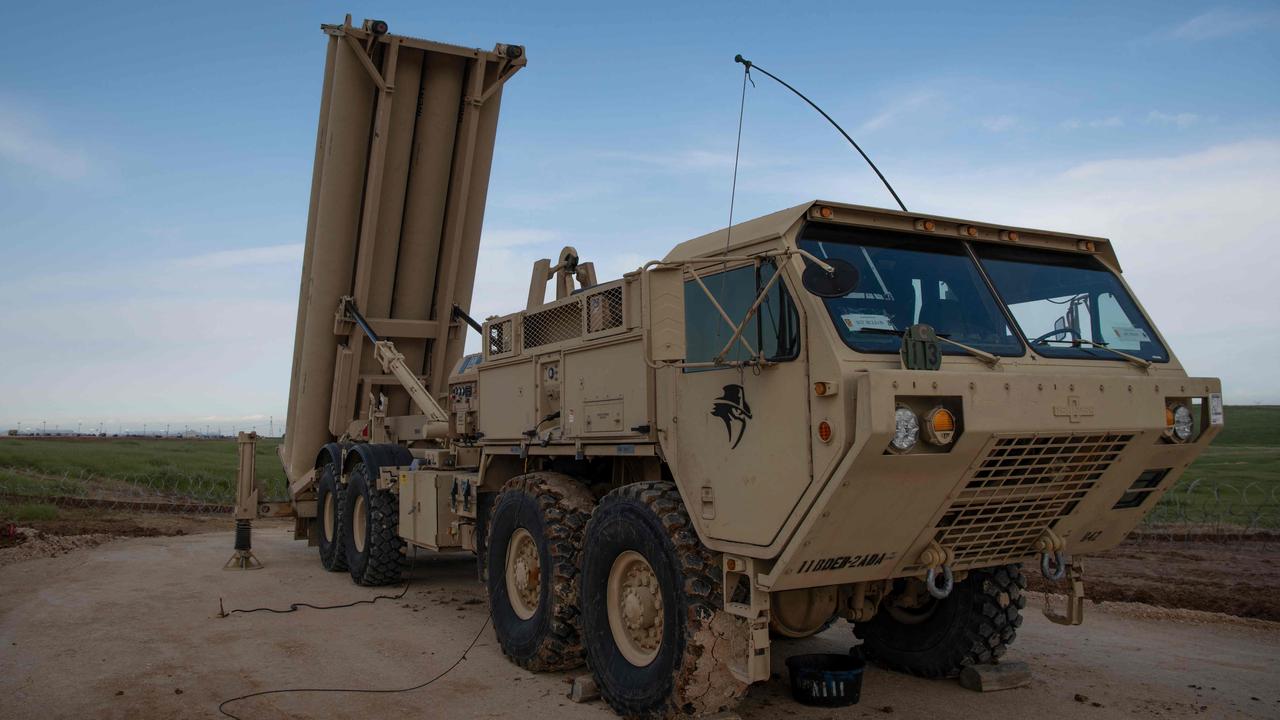‘Matter of months’: Suspicion rocks Iran’s nuclear plans
Speculation has erupted around Iran’s nuclear moves, with experts warning it could deploy a devastating weapon in next to no time.
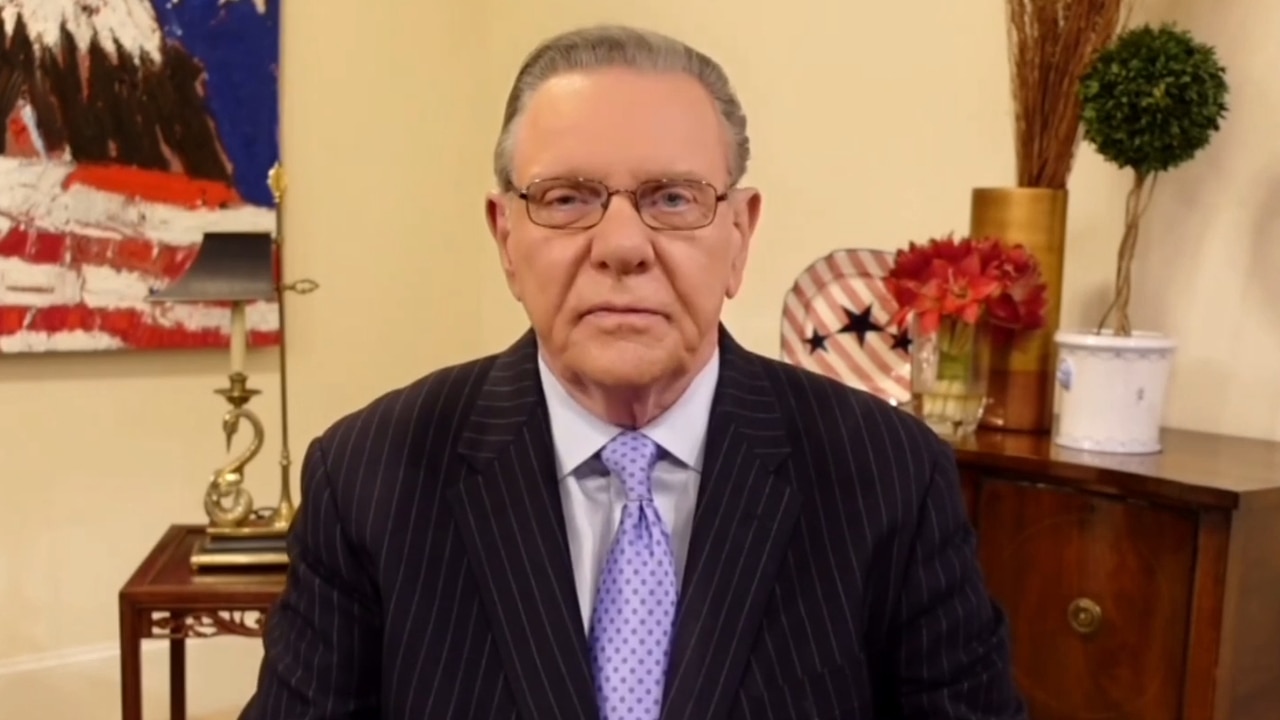
It was just an earthquake. But it happened in the wrong place. At the wrong time.
Which is why it sparked speculation that Iran had tested its first nuclear bomb.
The earthquake struck at 10.45pm Saturday local time (8.30am Sunday Sydney time).
A blast wave of social media chatter quickly followed.
Was this Iran’s first nuclear warhead test?
Was it a warning to Israel?
Iranian officials quickly dismissed the talk as “rumours”.
They reiterated nuclear weapons were forbidden in Iran because of a fatwa (Islamic law judgement) issued by Supreme Leader Ayatollah Ali Khamenei in 2004.
In this instance, Iran’s ministrations were verifiably correct.
At least in the matter of the earthquake.
Earthquakes and underground nuclear detonations have very different profiles. This makes it possible for a global network of listening stations to identify when one has taken place.
How shockwaves move through the Earth’s crust is well understood. This is how seismologists can classify a quake’s strength, location and depth. Or what size weapon has been tested under, for example, North Korea’s increasingly unstable Mount Mantap.
In this instance, the magnitude 4.4 earthquake struck near the Iranian city of Aradan in Semnan Province, some 140km southeast of the capital Tehran. Seismological sensors pinpointed it as being about 12km beneath the surface.
But it was also about 100km from a site suspected of being a potential Iranian nuclear test facility.
It happened just hours ahead of the anniversary of the October 7 Hamas terror attack that triggered the latest crisis in 75 years of regional conflict.
And the world was waiting for news as to whether Israel was going to attack Iran’s nuclear facilities.
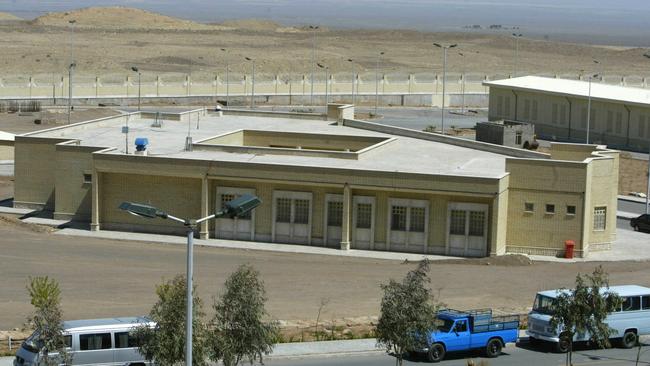
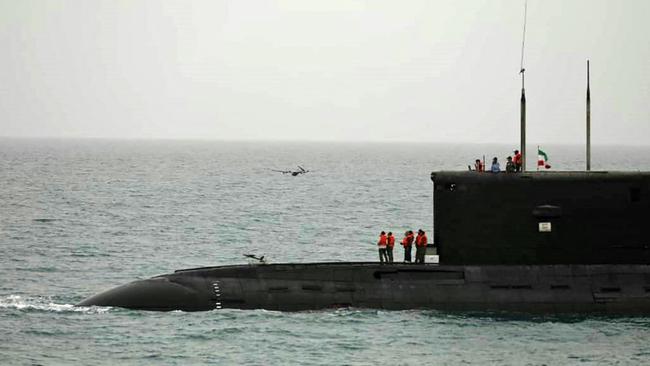
A matter of faith
Washington-based think-tank the Foundation for Defence of Democracies has issued a report detailing evidence that Iran had, in fact, begun building underground nuclear test sites.
The report states several large non-nuclear underground detonations were conducted in an area southeast of Semnan in 2003. The blasts were to evaluate the terrain’s seismic characteristics to enable more accurate measurement of any experimental nuclear detonation.
However, Iran points to the area as part of the Imam Khomeini space centre and missile testing range. It’s hosted several attempts at satellite launches in recent years.
Israel is widely believed to have successfully constructed its own first nuclear device in the 1960s. It’s now suspected to have 90 operational warheads in its possession.
Whether or not Iran is complying with the Ayatollah’s fatwa is the subject of much debate. Most analysts suspect his military is complying with the letter of the law – but not the spirit.
Iran has intercontinental ballistic missiles. It can get the uranium. But can it put them together in a complex, miniaturised nuclear warhead?
“Iran (has) already done preliminary testing of this design more than 20 years ago,” argues nuclear proliferation analysts Gregory Jones and Henry Sokolski in the journal Foreign Policy. “As a result, Tehran is now in a position to produce and deploy a missile-deliverable weapon in a matter of months, not years.”
US Secretary of State Antony Blinken has warned that Tehran’s centrifuges – powerful machines needed to sift out high-grade uranium – were capable of concentrating enough material for a bomb in a matter of a fortnight if it chose to do so.
“The estimate that Blinken gave in July is also too rosy,” asserts Jones and Sokolski.
“Iran is not a week away from having enough weapons-grade uranium for a single bomb, but rather – according to our own calculations – enough for four (and enough for an additional six weapons in just eight more weeks).”
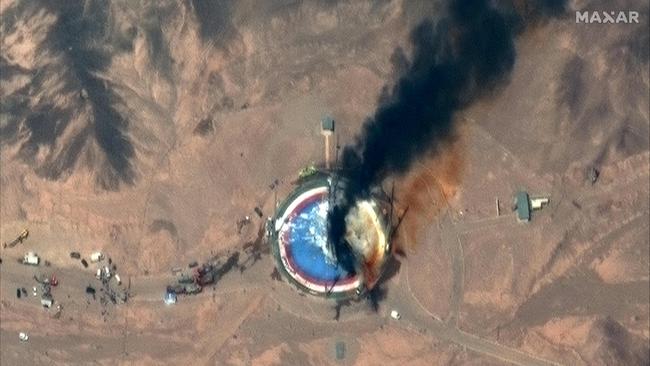
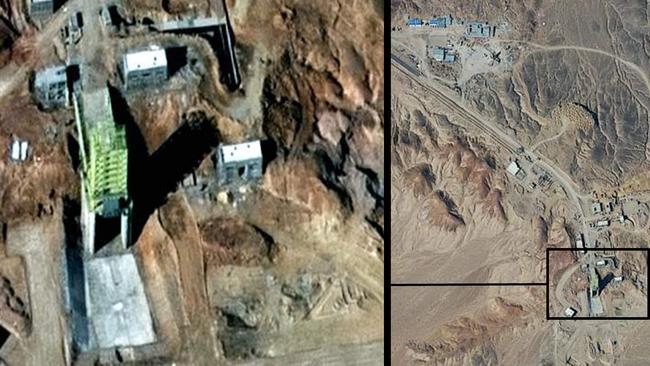
Thermonuclear rhetoric
Senior Israeli politicians have called for “Jericho Missile” nuclear warheads to be used against Gaza. In September last year, Prime Minister Netanyahu told the United Nations: “Above all Iran must face a credible nuclear threat. As long as I’m Prime Minister of Israel, I will do everything in my power to prevent Iran from getting nuclear weapons”.
His office later walked the statement back, insisting Netanyahu meant to say “credible military threat”.
But the fiery rhetoric has placed the nuclear spectre firmly on the table of Middle Eastern politics.
“If Israel and Iran were to engage in a conventional air war, the IRGC (Islamic Revolutionary Guard Corps) could press Khamenei to reverse his religious edict or fatwa, banning Iran from producing weapons of mass destruction,” warns analyst Amir Handjani for the Stimson Centre think-tank.
“This possibility is one reason why the Israeli gambit of openly humiliating the Iranian leadership is so dangerous. In the end, it may force Iran to build the nuclear weapon that Israel and the West have long feared and diminish Israel’s and Washington’s ability to attack Iran with impunity.”
Iranian officials have already made such threats.
In April, the Revolutionary Guard commander in charge of Iran’s nuclear program stated that if Israel were to attack his infrastructure, Tehran would “revise our nuclear doctrine and deviate from our previous considerations”.
He added Iran would retaliate with an attack against Israel’s own nuclear installations.
“We know exactly where the enemy’s main nuclear sites are,” he said.
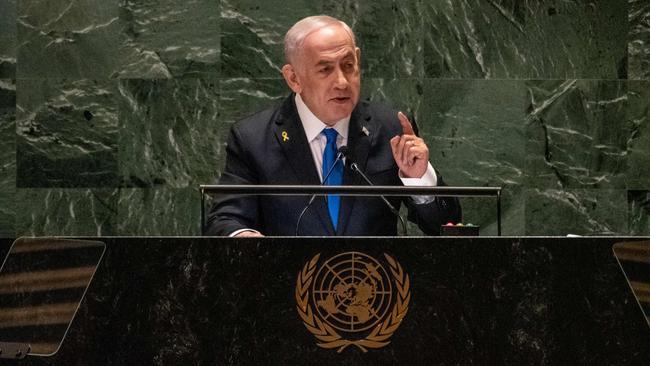
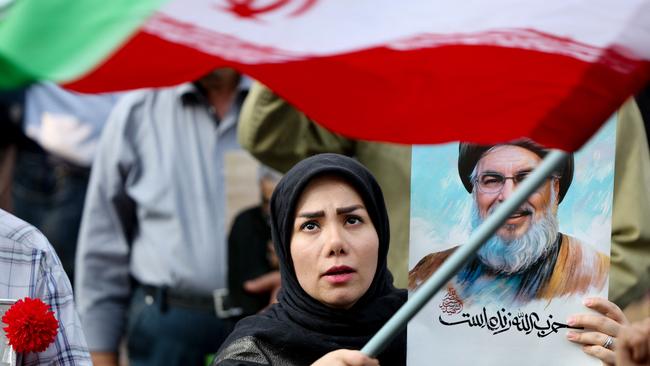
Critical mass
“The moment that Iran breaks out as a nuclear weapons power, it will become an even more existential threat to Israel that will be more difficult, and perhaps impossible, to deter,” the Atlantic Council think-tank President Frederick Kempe argues.
“With its defence industrial co-operation rapidly growing with China, Russia, and North Korea, Iran also could join them as a destabilising nuclear weapons quartet with global ramifications.”
US President Joe Biden has urged Prime Minister Benjamin Netanyahu not to target Iran’s nuclear infrastructure, nor its major international oil facilities.
But Netanyahu has repeatedly failed to comply with the US President’s guidelines since the outbreak of the October 7 conflict.
And that’s mainly due to his precarious political position in a fragile coalition of ultranationalist and far-right parties.
“Hardliners within Israel, including former Israeli Prime Minister Naftali Bennet, have argued forcefully that Israel has a rare window to go after Iran’s nuclear program, what he called Israel’s greatest opportunity in 50 years to change the face of the Middle East,” the Soufan report states.
“An Israeli attack on Iranian nuclear assets that fails to destroy them completely causes Iran to move toward a workable nuclear weapon, and touches off a nuclear arms race in the region [that] would absolutely change the face of the Middle East, though certainly not for the better.”
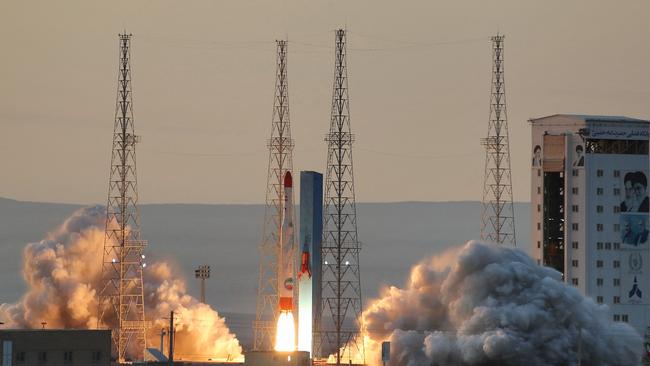
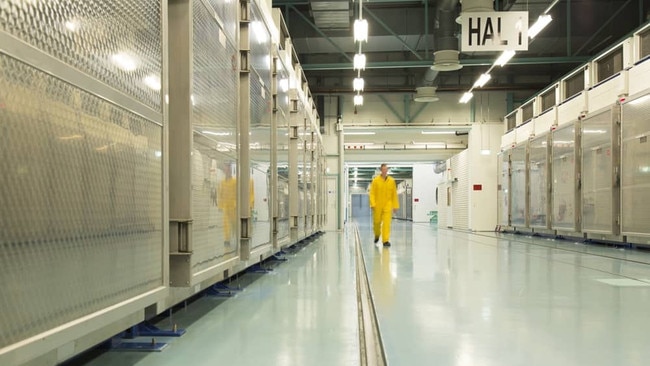
International fallout
There are already signs that pressure for such a race is mounting.
In 2018, Saudi Crown Prince Mohammed bin Salman (MBS) stated: “Saudi Arabia does not want to acquire any nuclear bomb, but if Iran developed a nuclear bomb, we will follow suit as soon as possible”.

Turkey’s President Recep Tayyip Erdogan expressed a desire to obtain nuclear weapons in 2019: “Some countries have missiles with nuclear warheads, not one or two. But we can’t have them. This, I cannot accept”.
Netanyahu and Khamenei have their fingers on the trigger.
“The advances Tehran is making in its nuclear program, and its spurning of efforts to negotiate a new deal, urgently require a reinvigorated US strategy to prevent Iran from becoming a nuclear-weapons state,” a new Atlantic Council report states.
It calls for a “multilateral campaign of economic, political, and military pressure to demonstrate US seriousness about preventing Iran from crossing the nuclear-weapons threshold”.
Jamie Seidel is a freelance writer | @JamieSeidel
More Coverage
Originally published as ‘Matter of months’: Suspicion rocks Iran’s nuclear plans





